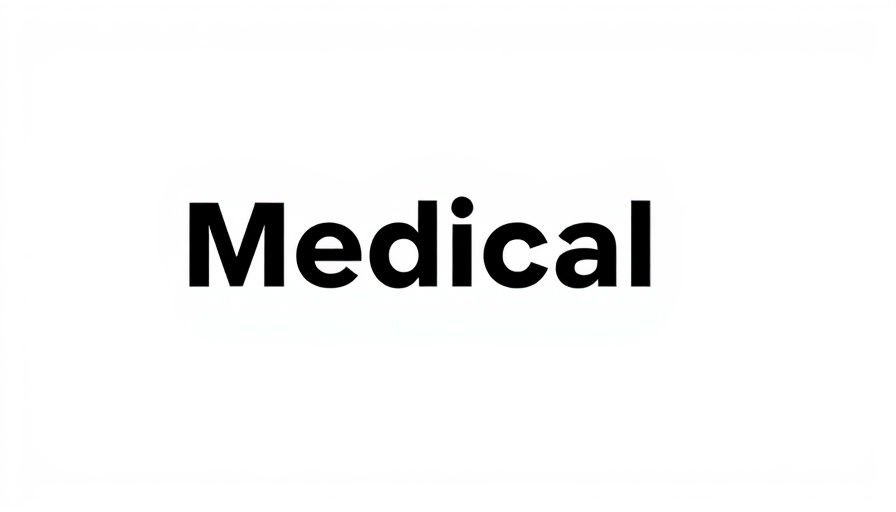
Health policy upheaval casts shadow on public safety
A shake-up at the Centers for Disease Control and Prevention (CDC) is raising alarm bells across the nation. A respected vaccine expert has thrown down the gauntlet, warning that the recent changes proposed by Robert F. Kennedy Jr., the new Health Secretary, pose a serious threat to American lives. Dr. Fiona Havers, who resigned after 13 pivotal years at the CDC, insists that Kennedy's actions risk unleashing a resurgence of vaccine-preventable diseases.
Expert resignations signal deep dangers
Dr. Havers isn’t just an average employee; she’s a senior figure trusted by many in the medical community. Her strong words resonate not only with her colleagues but also with the broader population. "If it isn’t stopped, a lot of Americans are going to die as a result of vaccine-preventable diseases," she stated in a recent interview. It’s a stark and chilling warning that could change the way we think about health policy.
This is not an isolated incident. Following her resignation, Dr. Lakshmi Panagiotakopoulos, another vital voice in vaccine policy, also departed. Together, these resignations reveal a concerning trend: the erasure of vital expertise at a time when trust in health agencies is critical.
What does this mean for vaccines?
The Advisory Committee on Immunization Practices (ACIP), which Dr. Havers was a part of, plays an essential role in shaping national vaccine guidelines. Its recommendations impact insurance coverage and mandatory vaccinations for schools. The recent firings of 17 advisory members—while filling half of those positions with individuals skeptical about vaccines—signal a shift in CDC's approach to what has historically been a rigorous, science-backed process.
Dr. Yvonne Maldonado, a pediatrician and one of the fired ACIP members, highlights the potential chaos this creates. "It weakens our ability to respond effectively to infectious disease threats," she asserts. The implications stretch far and wide, potentially leaving children and vulnerable populations exposed.
Transparency in health decisions
Kennedy claims that his overhaul is intended to eliminate conflicts of interest within the ACIP. However, Dr. Havers challenges this narrative, expressing concern that the new committee may lack the scientific rigor necessary for making sound public health decisions. "I could not be party to legitimizing this new committee," she declared. The heart of the matter lies in trust and the integrity of the information that informs vaccine policy.
As Dr. Camille Kotton, another former member, emphasized, it's increasingly doubtful whether we can trust data coming from the CDC. The very core of vaccine policy—anchored in safety and scientific evidence—is now under siege. Parents who seek to make informed decisions about their children's health are left unsettled.
Public health implications if actions aren't reversed
The stakes couldn't be clearer. If we ignore the warning signs, we might face a resurgence of diseases like measles, mumps, and whooping cough. Public health advocates know the data—vaccines are one of the most significant public health success stories. To loosen the standards that guide vaccine policy now could bring us back to a time when cases of preventable diseases made our children sick.
An urgent call to action
Dr. Havers and her peers at the CDC are bravely trying to limit the damage from within. But the question is whether there is enough time and support to do so effectively. Community members need to push for a return to science-based policies that prioritize a well-informed and educated public. It’s essential to advocate for health trends grounded in accurate data instead of personal beliefs.
Kennedy’s stance may resonate with a segment of the population skeptical of vaccines, but it often cherry-picks information to fit a narrative that disregards the scientific consensus on health safety. History has shown us that when we stray away from established, evidence-based practices, the consequences can be dire.
The path forward must be paved with transparency, trust, and a return to empirically validated health policies. As citizens, we stand at a crossroads and we must demand that our health systems do better for the sake of ourselves and future generations.
 Add Row
Add Row  Add
Add 




Write A Comment